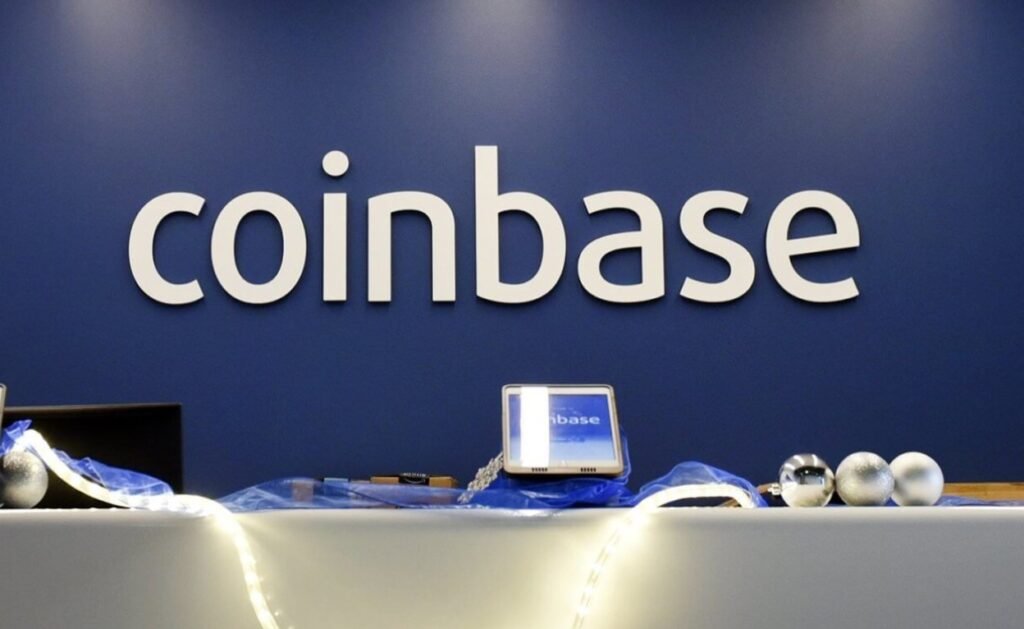Coinbase, the largest US crypto exchange, is facing a lawsuit from the Securities and Exchange Commission (SEC) over its alleged sale of unregistered securities. The company has argued that the crypto tokens on its platform are more like collectibles than investments, and that the SEC is overstepping its authority.
The SEC sued Coinbase in June 2024, claiming that the firm facilitated trading of at least 13 crypto tokens, including Solana, Cardano and Polygon, which it said should have been registered as securities. The SEC based its argument on the Howey Test, a legal precedent that defines a security as an investment contract in which people are contracting to invest in a common enterprise with the expectation of profit.

The SEC said that the crypto tokens at the heart of the case support a larger “enterprise” or “network” behind them, and that the value of the tokens depends on the work of the developers and promoters. The SEC also accused Coinbase of acting as a broker-dealer and clearing agency without proper registration, and of failing to comply with anti-money laundering and investor protection rules.
How did Coinbase respond to the SEC’s allegations?
Coinbase has asked the court to dismiss the SEC’s lawsuit, saying that the regulator is misinterpreting the securities laws and applying them to a new and innovative industry. Coinbase argued that the crypto tokens on its platform are not securities, but rather commodities or collectibles that do not grant any rights or claims to the underlying network.
Coinbase lawyer William Savitt compared buying crypto tokens to buying Beanie Babies, a popular toy from the 1990s. He said that buying a token does not imply any contractual relationship with the issuer or the network, and that the value of the token is determined by supply and demand, not by the efforts of others. He also said that Coinbase is not a broker-dealer or a clearing agency, but rather a platform that enables peer-to-peer transactions.
What did the judge say about the case?
The case is being heard by Judge Katherine Polk Failla in the Southern District of New York. The judge seemed well-informed and open-minded about the crypto industry, and asked several questions to both sides, focusing on the definition and attributes of securities and crypto tokens. She also expressed some concern that the SEC might be over-regulating the crypto sector and creating uncertainty for the market participants.
The judge did not make any decision from the bench, and said that she was still weighing some issues after the more than four-hour hearing. She said that she would issue a written ruling in due course, which could either dismiss the case or allow it to proceed to the discovery phase.
Why is this case important for the crypto industry?
The outcome of this case could have significant implications for the crypto industry, as it could help to clarify the SEC’s jurisdiction and authority over the sector. The case is one of several that the SEC has brought against the crypto industry, targeting not only token issuers, but also platforms and services that offer trading, lending, staking, and other activities involving crypto assets.
The SEC’s chair, Gary Gensler, has said that most cryptocurrencies resemble securities, and that the agency will continue to enforce the existing securities laws to protect investors and promote fair and orderly markets. However, many in the crypto industry have argued that the SEC’s approach is outdated, unclear, and stifling innovation. They have called for more guidance and regulation from the SEC, or for Congress to pass new legislation that would create a more conducive and consistent framework for the crypto sector.
